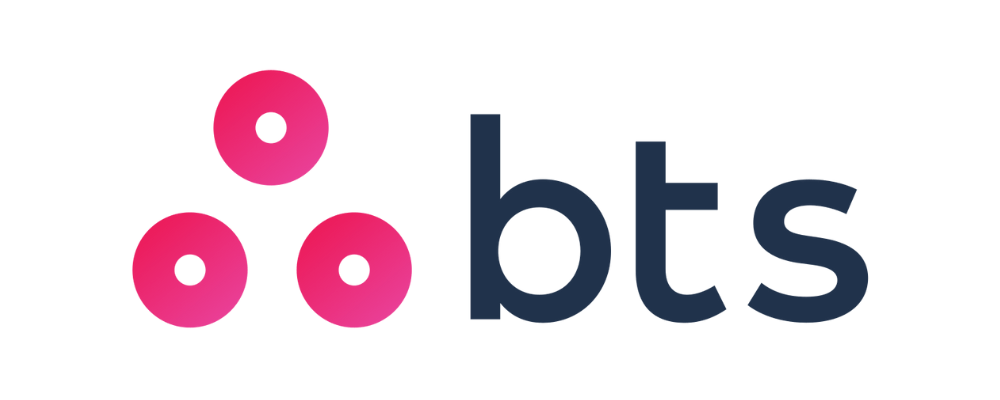
To advance the conversation, we recently facilitated a future-storming session to reimagine the future of work and talent strategy.
Future-storming is the process of identifying risks and trends that might affect your business or industry vertical, combining them in new ways, and thinking of solutions to mitigate these risks. The ambition? To break the chains of traditional thought, sparking insights into the evolving domain of talent strategy.
Here are five transformative themes that surfaced during the session:
- Fluidity of talent:
Gone are the days when “talent” described a fixed set of competencies an individual brought to the table. In today’s world, talent is an amalgamation of adaptability, resilience, and the capability to evolve. AI and automation, while replacing routine tasks, can’t replace the human capacity to grow, reimagine, and pivot.
The traditional talent pool, defined by rigid skill sets, is making way for a reservoir of potential. It’s about harnessing the innate human ability to unlearn, relearn, and traverse uncharted territories. Recognizing this fluid nature of talent can redefine how organizations recruit, retain, and nurture their human capital. The future will prize the ability to learn and relearn, shifting from fixed competencies to a reservoir of ever-evolving potential.
- Skill evolution, continuous, embedded learning:
The gig economy drives continuous learning, demanding flexibility and growth. The concept of learning in organizations is evolving beyond formal training modules. Today’s employees are in a perpetual state of growth, thanks to digital platforms, cross-cultural collaborations, and the changing demands of their roles.No longer can learning be a one-off event. It must be seen as a journey where every experience, every interaction, and even every failure is an opportunity to grow. This shift to continuous learning also means embracing failures as valuable lessons, promoting a culture of curiosity, and embedding learning in everyday tasks. Organizations that foster curiosity and value each failure as a learning opportunity will lead the way. The pathway to career progression is increasingly carved by demonstrable capabilities.
- Culture, diversity, and the rich tapestry of learning:
Cultural diversity isn’t just a buzzword; it’s an untapped treasure for organizational growth. There is a burgeoning global talent landscape with increased cultural exposure which fosters innovation and holistic problem solving. Diverse teams, with their unique experiences and backgrounds, bring varied problem-solving methodologies, fresh perspectives, and richer insights, serving as an invaluable asset for organizational growth.These multi-cultural interactions and experiences act as opportunities for informal learning, introducing employees to different ways of thinking and innovative solutions. Encouraging such interactions not only fosters a sense of inclusivity but also ensures a holistic organizational growth trajectory.
- Embracing the tech-human synergy:
The technological renaissance envisages a world where computers and robots assume many of our current roles, from documentation to Q&A. The emerging synthesis of technology and biology, including embedded tech and wearables, offers insights, from employee well-being to real-time emotional feedback.While technological advancements promise efficiency and scalability, the human element’s value remains unmatched. The blend of technology with human intuition, creativity, and empathy is the key to future success. The ideal modern professional is one who not only leverages technology but also understands its boundaries, ensuring that technology serves humanity and not the other way around. While technology offers efficiency, the human touch provides empathy, intuition, and creativity.With advancements come ethical considerations, especially with AI and machine learning. Balancing technological ability with an ethical foundation ensures that organizations remain not just profitable, but also principled. - The subtle art of leadership:
Work will undergo an existential reevaluation. The rise of decentralized leadership, the emphasis on enriching organizational culture, and a holistic approach to talent assessment will redefine organizations. With flattened organizational structures, fostering trust and embracing entrepreneurialism are necessities. Leaders will be more focused on collaboration, understanding, and guidance. In this landscape, leadership also means being tech-savvy, yet understanding the nuances of human emotion is also requisite. It’s about removing barriers, and being a facilitator and mentor.Furthermore, as work boundaries blur, leaders need to be agile, adaptive, and always ready to guide their teams through tumultuous waters. The responsibility is to create environments where employees feel empowered, engaged, and eager to contribute.
Collins, L., Hartog, S., Werder, C. (2023). Future Storming: Reimagining Talent Strategy for Today. Delivered at the Conference for Society for Industrial/Organizational Psychology, Boston, MA.
“BTS is a human-centred consulting firm that helps the world’s leading companies turn strategy into results. We design fun, powerful experiences that have a profound and lasting impact on people and their careers. We inspire new ways of thinking. We build critical capabilities. In short: We unlock success.”
Please visit the firm link to site


